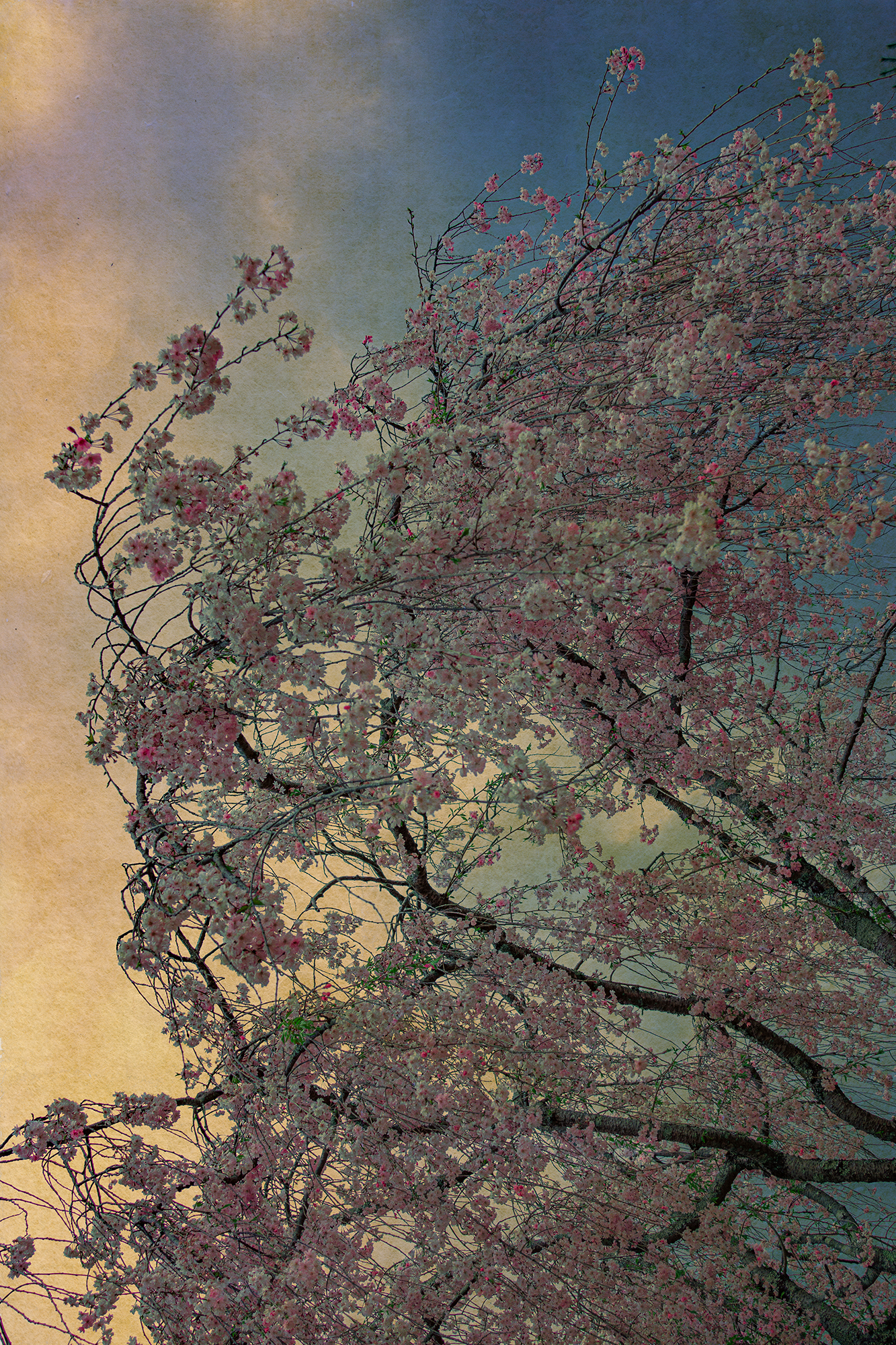Understandably, the felt need of nearly every young person is how to acquire authority—how to gain the capacity to act in the workplace and in the broader world. And yet, my advice to them almost always comes down to this: embrace more risk. Only those who have opened themselves to meaningful risk are likely to be entrusted with the authority that we all were made for and seek. Indeed, to seek out meaningful risk actually is its own kind of act of authority, because in the economy of the world’s true Creator and Redeemer, meaningful risk is the most meaningful action, the life that really is life, the flourishing for which we were created.
Winter landcape with figures and tents on the ice by Hendrick Avercamp:
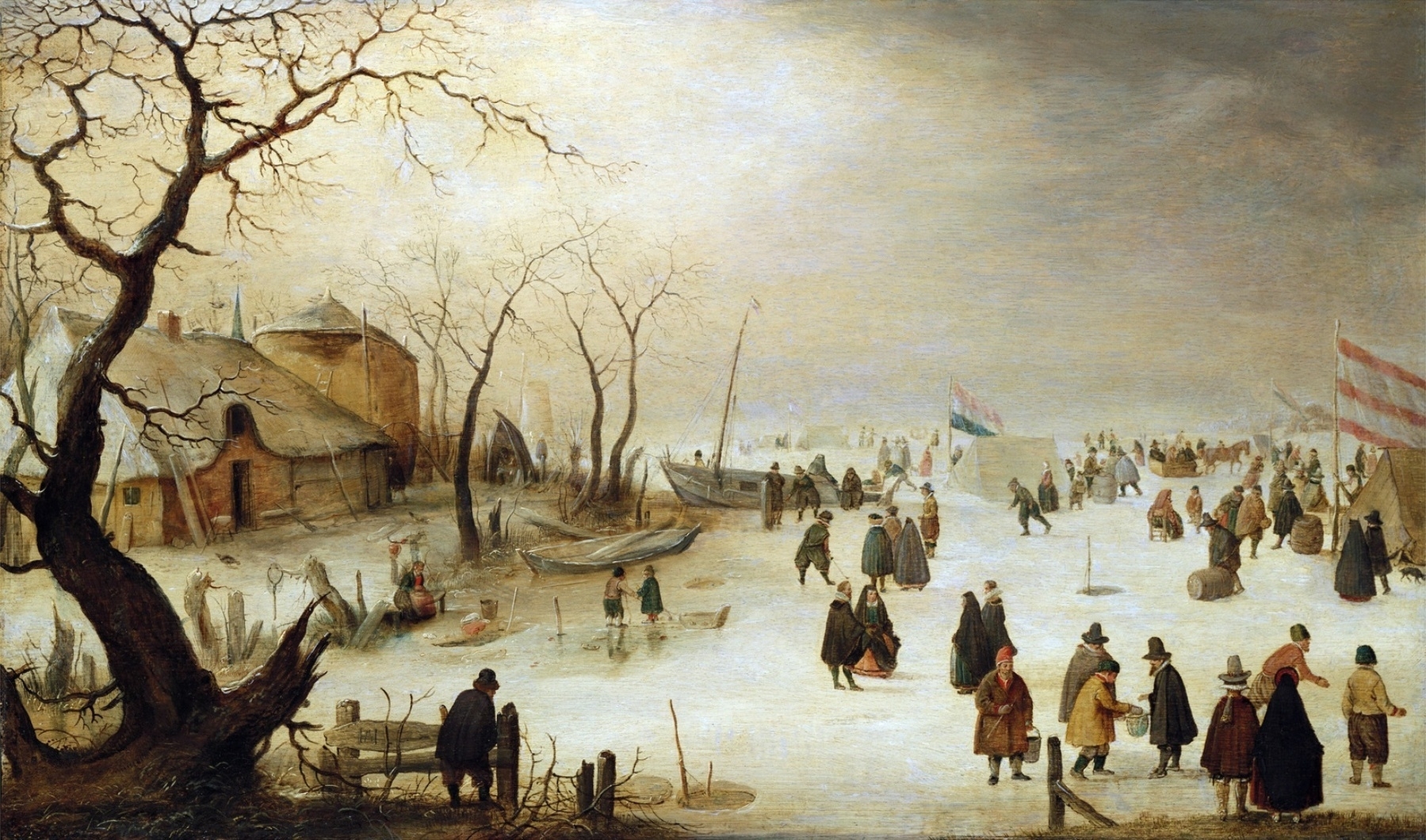
Winter Scene on a Canal (c. 1615) by Hendrick Avercamp:
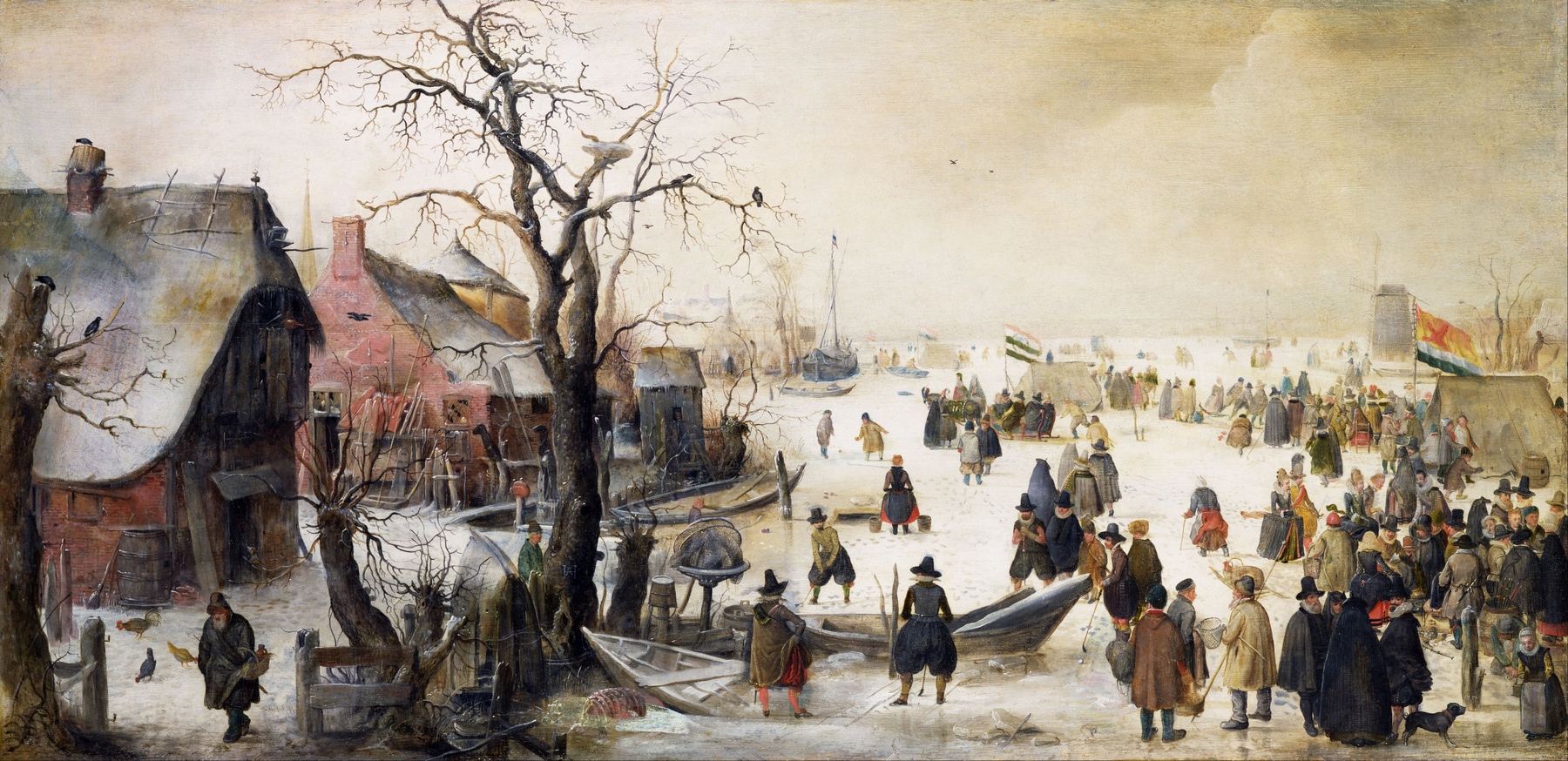
Winter landscape with skaters (c. 1608) by Hendrick Avercamp:
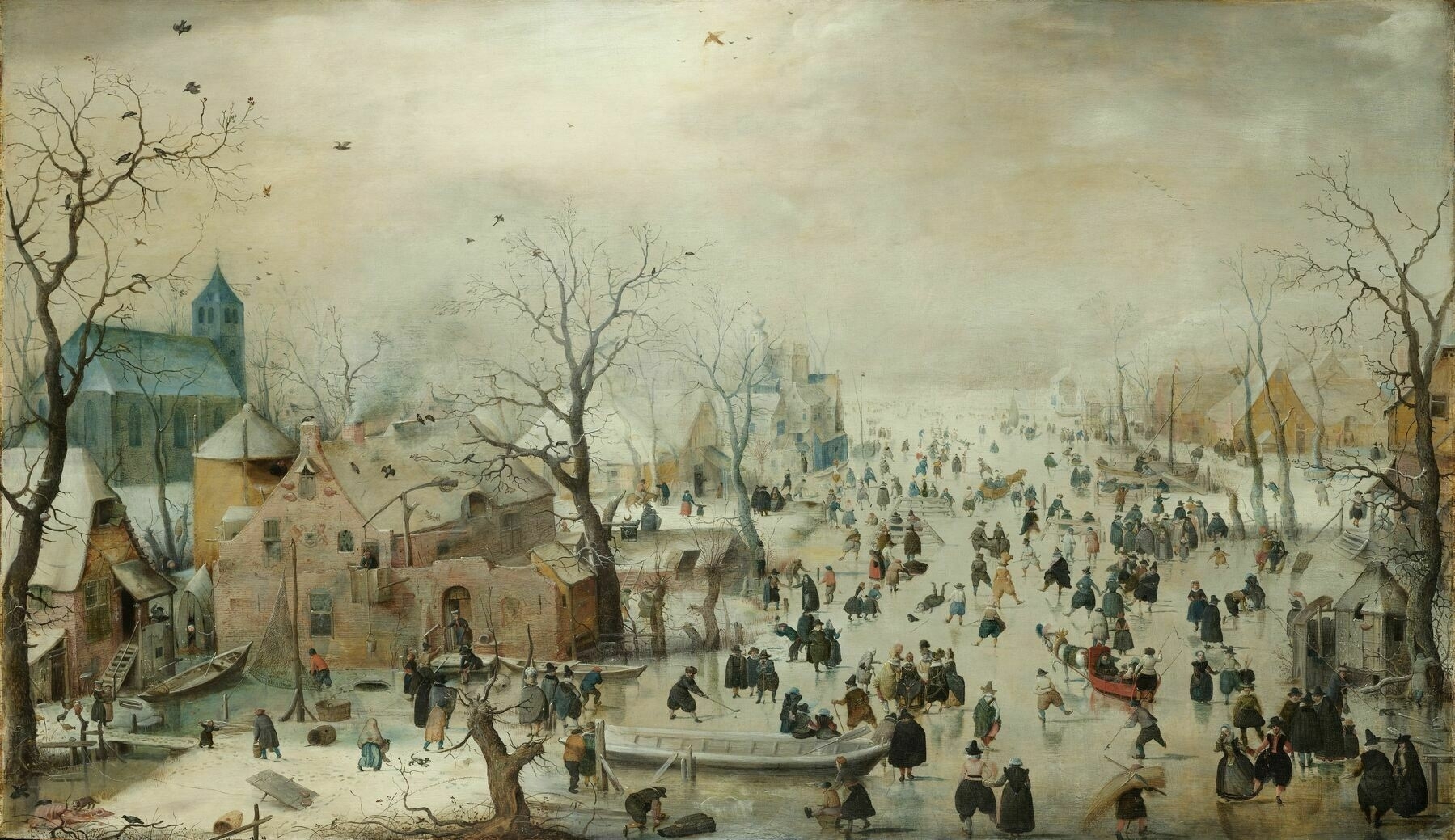
Foray into gardening
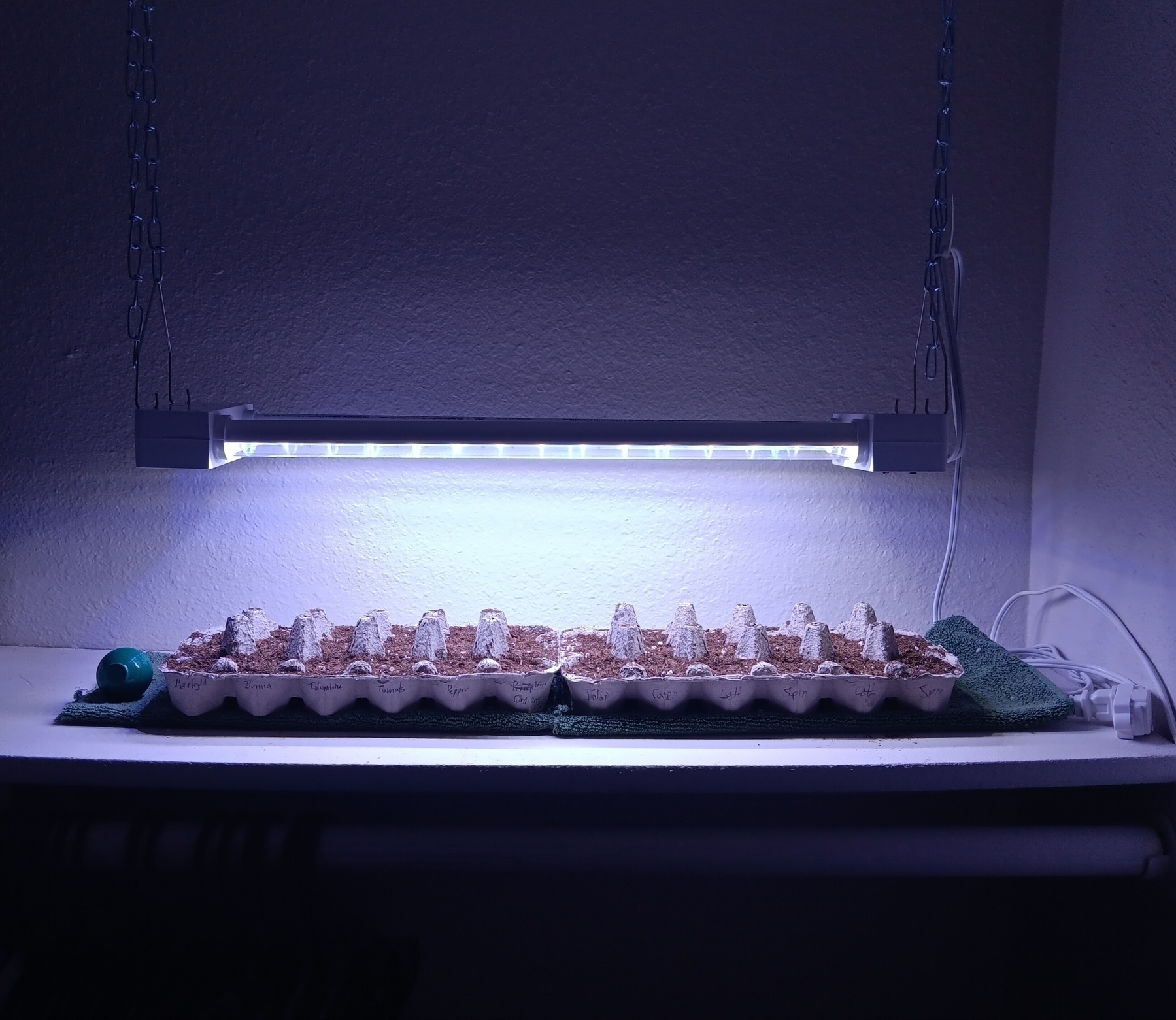

Finished reading: The Republic of Grace by Charles Mathewes 📚
A thought-provoking book. Published in 2010, The Republic of Grace is written as an Augustinian reflection on the post-9/11 American political landscape. Mathewes wants to show how various aspects of public life (democratic liberalism, consumer capitalism, etc.) have malformed us, as well as how Christian faith has something unique to offer the pluralized public square. It could superficially seem a bit stuck in a particular moment in American history (e.g., the War on Terror), but it has some very important things to interject into the current discussions around liberalism, post-liberalism, (Christian) nationalism, and so on. To give but one example: Mathewes leverages Augustine to show how political life provides an arena for training in the theological virtues (faith, hope, and love) that fits us for heaven. Such thoughts are, to put it mildly, out of sync with much current discourse about what ‘virtues’ are necessary for political life.
a cool picture my sister, Lynne', took of the girls, exploring the creek at Pease Park recently


Currently reading: Strong and Weak by Andy Crouch 📚
